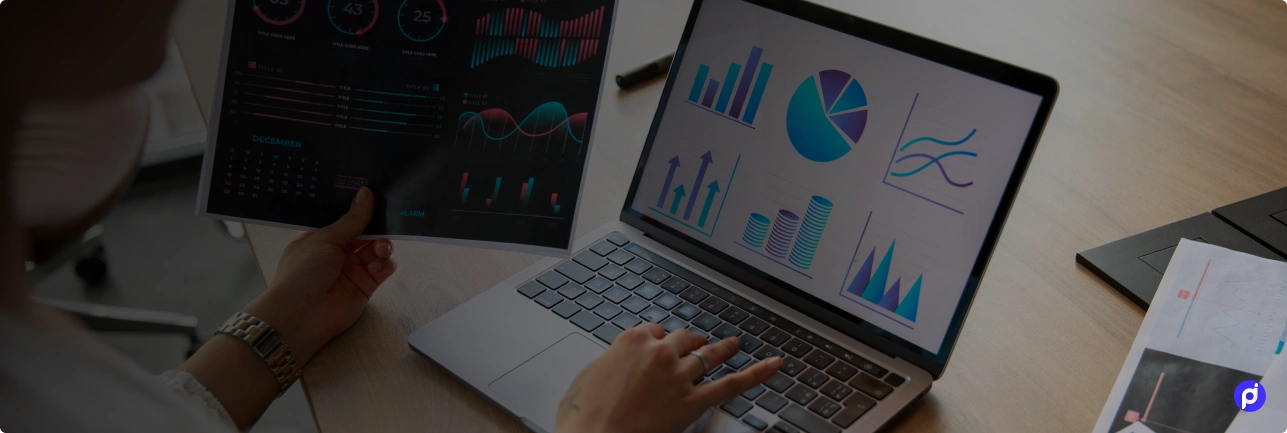Food delivery applications have transformed how we experience dining. Whether you’re a startup or an established restaurant looking to expand your reach, investing in Food Delivery Application Development can significantly enhance your business model. However, developing a robust and user-friendly app involves various cost factors that must be meticulously evaluated. This blog provides a comprehensive overview of these costs, helping you make informed decisions.
Costs You Should Consider:
1. Market Research and Planning
Before you appoint a Food Delivery Application Development company, conducting thorough market research is essential. Understanding your target audience, identifying competitors, and analyzing market trends will require investment in time and resources. This initial phase often involves hiring consultants or research firms, which can add to your costs but is crucial for laying a solid foundation.
2. App Design and User Experience (UX)
The design of your food delivery app plays a pivotal role in its success. A well-designed app that offers a seamless user experience can lead to higher customer satisfaction and retention. Costs associated with design can vary based on complexity, features, and the expertise of your design team. Considerations include:
UI/UX Design: Engaging interfaces and user-friendly navigation are essential. Investing in skilled designers may raise costs but ensures your app stands out in a competitive market.
Prototyping and Testing: Before the final launch, creating prototypes for user testing can help identify any design flaws, adding to the overall expense but ultimately leading to a better product.
3. Development Costs
The core of Food Delivery Application Development lies in the actual coding and building of the application. This is where the bulk of your budget will be allocated. Key factors influencing development costs include:
Platform Choice: Deciding whether to build a native app for iOS, Android, or a cross-platform solution impacts your budget. Native apps often require separate development for each platform, which can increase costs significantly.
Features and Functionality: The more features you want (like real-time tracking, multiple payment options, and order customization), the higher the development costs. Prioritize essential features that align with your business goals to manage expenses effectively.
4. Integration of Third-Party Services
Your food delivery application will likely need to integrate with various third-party services, such as payment gateways, mapping services, and restaurant management systems. Each integration can incur additional costs, and selecting reliable service providers is crucial for maintaining app performance and security.
5. Maintenance and Updates
Post-launch, the costs don’t stop. Regular maintenance, bug fixes, and updates are necessary to keep your application running smoothly. Budgeting for ongoing expenses will ensure that your app remains competitive and functional over time.
6. Marketing and Launch Strategy
Finally, once your food delivery app is developed, a solid marketing strategy is essential to gain traction. Investing in digital marketing, SEO, and promotional campaigns can help attract users to your platform. The costs here can vary significantly, depending on your chosen strategies and platforms.
Conclusion
Overall, Food Delivery Application Development is a multifaceted process with numerous cost factors to consider. From initial market research to ongoing maintenance and marketing, each stage requires careful planning and budgeting. By understanding these costs, you can better allocate resources and set realistic expectations for your food delivery app.
The FAQ’s:
FAQ 1: What are the initial costs involved in developing a food delivery app?
Answer: The initial costs include market research and planning, which involve hiring consultants or research firms to understand your target audience and analyze competitors. This phase is crucial for laying a solid foundation for your app.
FAQ 2: Why is app design important in food delivery application development?
Answer: App design is critical because a well-designed app enhances user experience, leading to higher customer satisfaction and retention. Investing in skilled designers for UI/UX ensures that your app stands out in a competitive market.
FAQ 3: How do development costs vary based on platform choice?
Answer: Development costs can significantly vary based on whether you choose to build a native app for iOS and Android or a cross-platform solution. Native apps often require separate development for each platform, leading to higher overall costs.
FAQ 4: What ongoing expenses should I budget for after launching the app?
Answer: After launching your food delivery app, you should budget for ongoing expenses such as regular maintenance, bug fixes, updates, and potential integrations with third-party services to ensure your app remains competitive and functional.
FAQ 5: How can I effectively market my food delivery app post-launch?
Answer: To effectively market your food delivery app, invest in digital marketing strategies such as SEO, social media advertising, and promotional campaigns. The costs can vary based on the platforms and methods you choose to attract users to your app.















